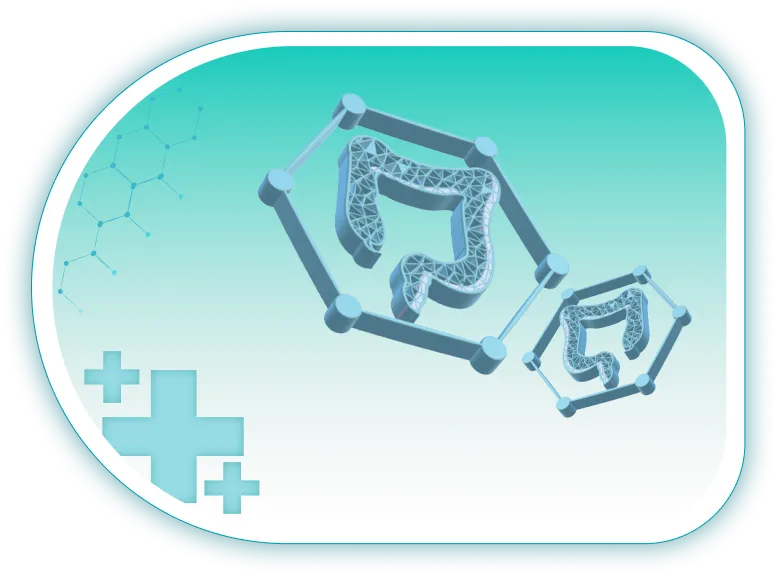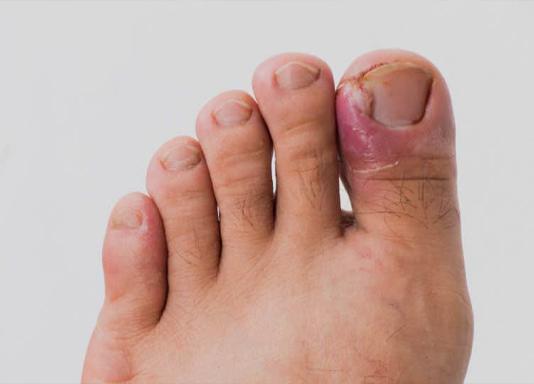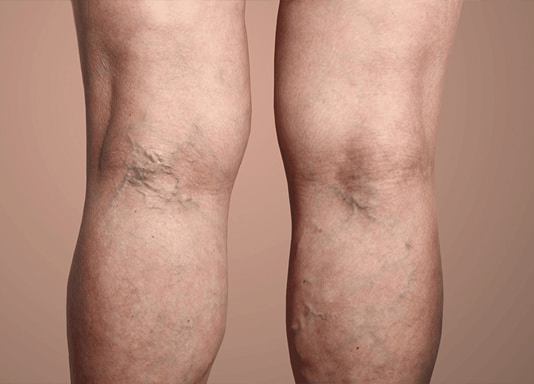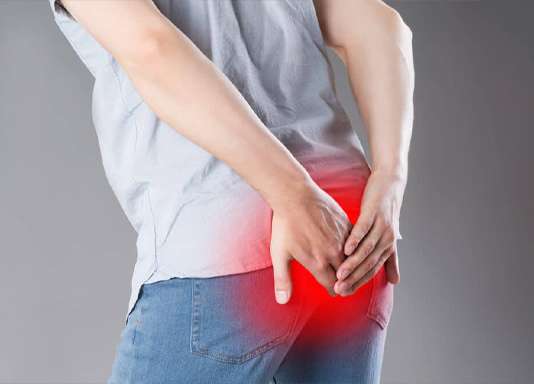
Dr. Diethart Bayer
General Surgery & Proctology





Experiencing pain, stiffness, or limited hand function? Whether due to carpal tunnel syndrome, fractures, tendon injuries, or arthritis, the right treatment can restore mobility and improve quality of life. At German Medical Center, our skilled hand surgeons use advanced, minimally invasive techniques for precise care and faster recovery. Regain strength, flexibility, and comfort—schedule your consultation today!
By booking an appointment with German Medical Center.
Our team of experts are passionate about providing only the best quality care and treatment to their patients.

General Surgery & Proctology
Nerve compression, also known as nerve entrapment or pinched nerve, occurs when a nerve is compressed or squeezed, leading to pain, numbness, or weakness in the affected area. This can happen anywhere in the body, but is most common in areas where nerves are easily compressed, such as the neck, back, wrist, or elbow.
Nerves are like electrical wires that carry messages between the brain and different parts of the body. When a nerve is compressed or pinched, it can disrupt the normal flow of signals, causing a range of symptoms. The severity of the symptoms depends on the location and severity of the compression, as well as the duration of the compression.
There are several types of nerve compressions that can occur after hand surgery. Here are a few common examples:
If you experience any symptoms of nerve compression after hand surgery, it’s important to notify your surgeon right away so that appropriate treatment can be initiated.
The symptoms of nerve compression in the hand and wrist can vary depending on the type and severity of the condition. Here are some common symptoms to look out for:
Nerve compression, also known as nerve entrapment or pinched nerve, occurs when a nerve is compressed or squeezed, leading to pain, numbness, or weakness. There are several possible causes of nerve compression, including:
The treatment options for nerve compression depend on the cause and severity of the compression. Here are some common treatment options:
This endoscopic investigation is very important in the prevention and diagnosis of Bowel Cancer....
The Colitis is an inflammatory Bowel disease affecting the mucosa of the large intestine. Inflamed bleeding areas and ulcerations...
Anal Fissures, a common medical condition that affects many individuals....
Pilonidal sinus can develop in anyone, but it's more common in men than women, and typically affects younger people between the...
Perianal abscesses are usually caused by a bacterial infection...
Anal fissures are small tears or cuts in the skin lining the anus. There can be several causes of anal fissures, including:...
If you are experiencing symptoms of hemorrhoids, such as pain, bleeding, or itching, it is important to seek medical attention...






Partner with:
Partner with:


German Medical Center is one of the leading medical institution in Dubai formed by a group of specialists who are passionate about providing the personalized care tailored to the patient's unique needs.
Fill out our easy online form to book an appointment with German Medical Center. Our team of experts is dedicated to providing you with personalized care and guidance every step of the way. Don't wait, take charge of your well-being and schedule your appointment now!